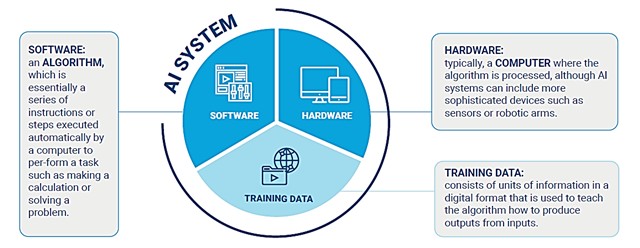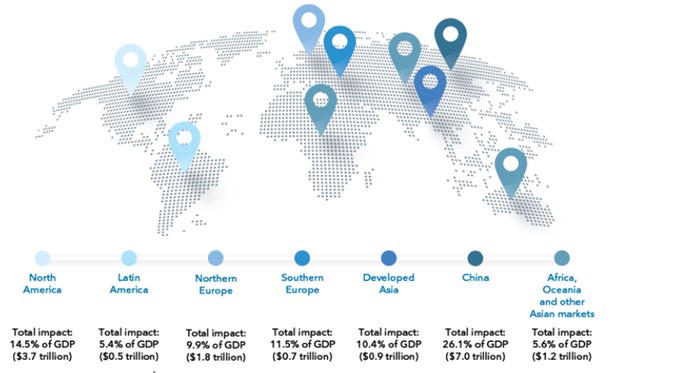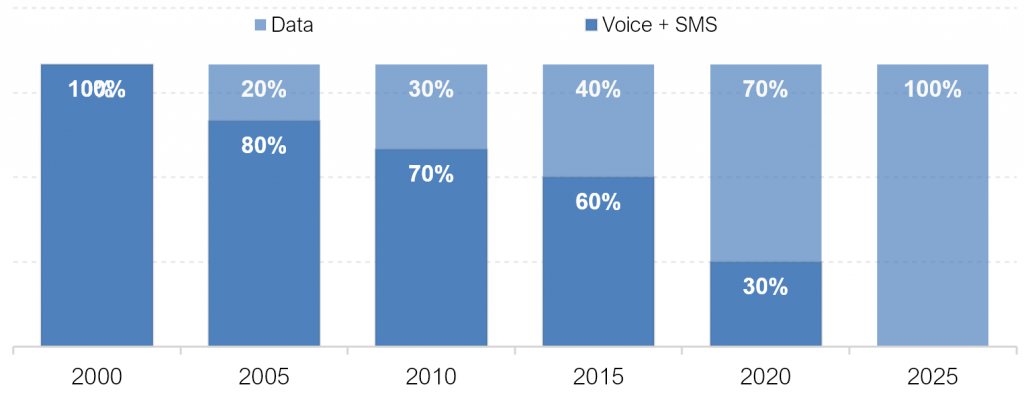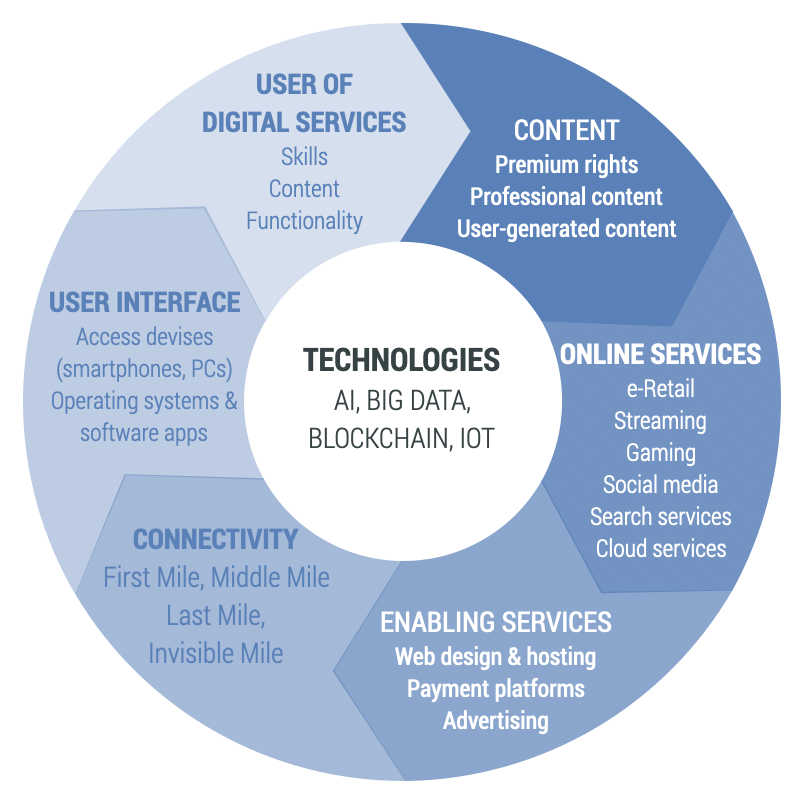
A guide towards collaborative AI frameworks
02.09.2025Introduction Artificial intelligence (AI) is a transformational technology rapidly reshaping governance, economies, and societies. From predictive analytics that inform public health interventions to the smart automation of service delivery, AI provides governments with unprecedented tools to enhance efficiency, inclusion, and innovation. However, alongside these transformative benefits come significant risks. Without proper safeguards, AI systems can reinforce bias, compromise rights, and exceed the capacity of institutions to govern them effectively. As governments and regulators are faced with the dual challenges of harnessing AI’s potential and mitigating its harms, this Guide serves as a practical, globally informed resource for policymakers, regulators, and…
Read »



